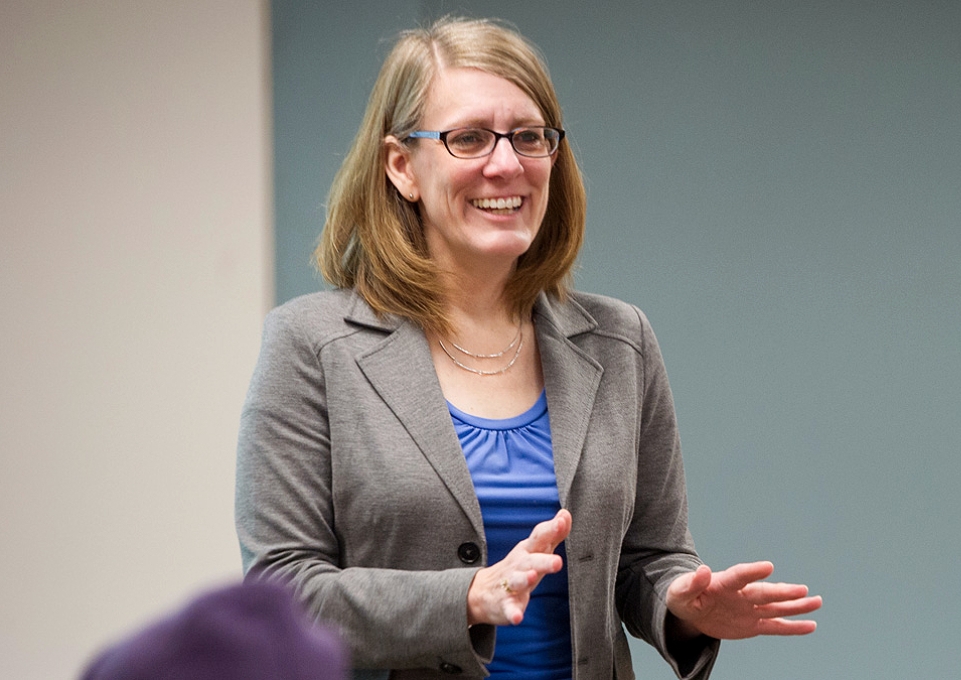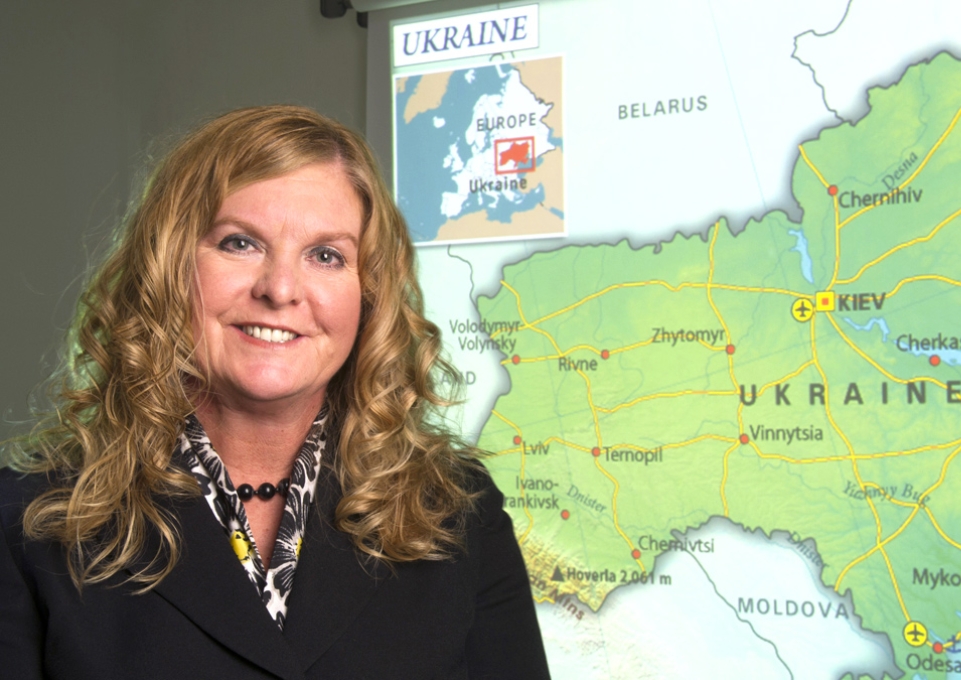
Jill Norvilitis
Early in her career, Jill Norvilitis, professor of psychology, studied facets of attention deficit hyperactivity disorder (ADHD) such as peer acceptance, parental intervention, and emotional competence in children diagnosed with the disorder.
Much more recently, she examined how ADHD correlates with another of her longtime research areas—financial well-being in college students.
The Study
Beginning in 2015, she embarked on a study of 673 traditional college students with a professor from the University of Tennessee (UT) at Martin and one from the University at Buffalo (UB). The students recruited from the Buffalo State and UT campuses self-disclosed ADHD symptoms, their current student loan and credit card debt, annual income, and estimated future student loan total, along with any parental guidance they received about finances.
While students with ADHD perceived their financial well-being to be lower than their peers, they did not have a higher level of credit card, automobile, or student loan debt. They were more likely to report owing money to others, and they were marginally more likely to report having trouble saving to pay bills.
Norvilitis’s and her colleagues’ findings were published in the Journal of Attention Disorders.
While previous studies have revealed that adults with ADHD are often forgetful in their daily activities, including bill-paying, and that they spend more impulsively and have lower levels of employment than their peers, little previous research has examined the connection between finances and ADHD in college students.
“There is very little training in high school to prepare students to manage their finances and understand debt.”
Debt and High School Students
“What the data is telling me is that a lot of these students are so close out of high school, they haven’t had a chance to get into debt,” Norvilitis said. “Interventions that provide students with ADHD with tools to handle their finances and to increase their financial experiences in college may help them to experience less financial anxiety in the present and to not develop financial problems that have been identified in adults with ADHD down the road.”
Many of the students surveyed reported using extreme money-saving behaviors. For instance, 46 percent of students reported that they either often or sometimes skipped meals to save money, and 30 percent either often or sometimes did not purchase required textbooks for class.
Norvilitis’s interest in students’ financial well-being goes back more than 15 years, when she first started noticing students struggling with deep credit card debt.
“A lot of them were feeling overwhelmed and unsure of their money management skills,” she said. “There is very little training in high school to prepare students to manage their finances and understand debt.”
She was so interested in this phenomenon that she launched a study with members of the campus’s Psychology Club. The research team examined the relationship between money attitudes, impulsivity, focus of control, life satisfaction, stress, and credit card debt in 227 college students.
“Students with credit cards from on-campus solicitation had higher debt-to-income ratios than did those with credit cards from other sources,” she said. “Personality variables were generally unrelated to level of debt, although they were related to attitudes toward money.”
This occurred before passage of the 2009 Credit Card Accountability Responsibility and Disclosure Act, which among other changes, put restrictions on credit card companies marketing to students and issuing cards without an adult co-signer and income verification.
While students are now shying away from credit cards, Norvilitis is still hearing from students experiencing financial stress. And she knows more education is needed.
“I see college as the perfect time,” she said, “to motivate students who are willing to learn and make changes to their money management habits.”



